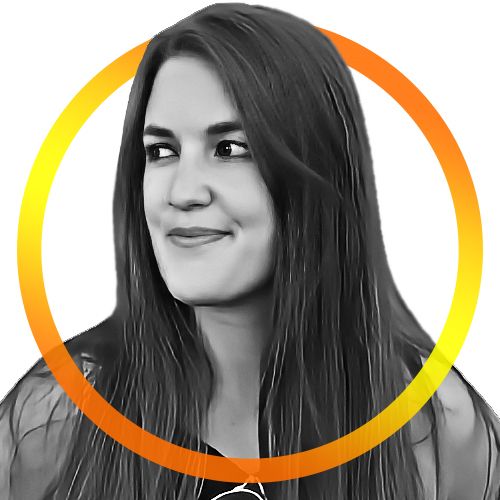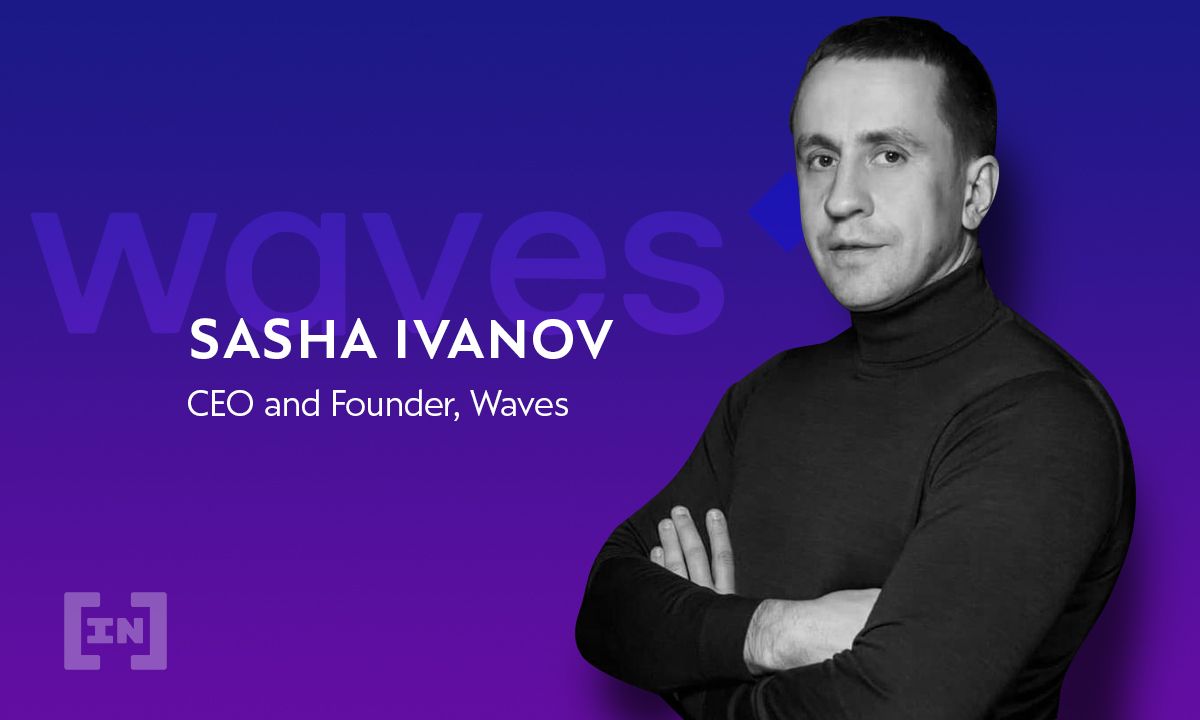The Waves ecosystem recently made headlines with the biggest sale of an NFT outside of Ethereum. This impressive sale is part of a larger protocol that is aiming to build its users and value.
The NFT, called Perfection, is a Waves duck created by founder Sasha Ivanov and sold for $1 million. Following the sale, Ivanov launched the NFT duck game, Duck Hunter on Waves. This innovative approach to DeFi and NFTs is a way Waves is incentivizing users on its ecosystem.
BeinCrypto spoke to Ivanov about his NFT, the use of NFTs, and gamification to increase participation in DeFi networks and where he sees the DeFi space heading.
Making blockchain products accessible
“Waves was founded in April 2016 – it just celebrated the fifth anniversary – in a bid to make blockchain-based products and solutions available to a wide range of users. Hence the original slogan ‘Blockchain for the people,'” says Ivanov.
Ivanov explains that the network expanded, launching a decentralized exchange in 2017.
“In December of that year, the Waves-NG protocol was activated, offering much higher throughput while reducing transaction confirmation times to just seconds.”
It has since expanded, becoming the ecosystem of solutions all linked to the Waves protocol.
Enter the ducks
This year, Ivanov introduced a novel approach to encourage activity on Waves through the Duck Hunter Game. The game launched off the back of the successful sale of the NFT duck, Perfection.
“I created the NFT as a “wink” to our community because the “Waves Duck” had been a running meme inside the Waves ecosystem for some time. I was very excited to launch it and, frankly, did not expect it to gain such huge traction.”
The Duck Hunter game combines NFT collectibles and yield farming. As a result, it acts as a way to encourage participation in the waves ecosystem. Users collect EGG tokens through completing assignments. Once they have enough, they can exchange these for NFT ducks.
Users collect ducks and breed them to make rare combinations. Every week, there is a buyback. As a result, this pushes users to create the most interesting and rare ducks possible.
“We decided to give something back to our community whose members have been so supportive over the years,” he says.
Success of gamification
The launch of Duck Hunter has been a success for the ecosystem. According to Ivanov, since the launch, the Waves’ Twitter community has grown through social media assignments. In addition, there is an increase in the number of users adding liquidity or staking on the platform.
“Those assignments turned out to be the most popular, which implied a creative approach, – such as making memes about Duck Hunters or finding an unusual way to introduce the Waves ecosystem and its products.”
Looking forward
The successful NFT sale is only this year’s achievement, with the Waves ecosystem already looking forward to what’s ahead.
Their next target is a $10 billion total-value-locked by September-October 2021. To reach this goal, Ivanov says there are a few areas to work on.
“Waves as an ecosystem has to work on several aspects, including liquidity, scalability, and understanding of how distributed ledger technologies will develop in the post-blockchain era.”
A future of InterDeFi
Looking at the DeFi space more broadly, Ivanov believes that the development of various, separate ecosystems will make way for improved interoperability.
“I think that the future belongs to InterDefi. We can already observe a drive towards uniting crypto ecosystems. Therefore, the interoperability segment is going to play a major role.”
Disclaimer
In compliance with the Trust Project guidelines, this opinion article presents the author’s perspective and may not necessarily reflect the views of BeInCrypto. BeInCrypto remains committed to transparent reporting and upholding the highest standards of journalism. Readers are advised to verify information independently and consult with a professional before making decisions based on this content. Please note that our Terms and Conditions, Privacy Policy, and Disclaimers have been updated.


